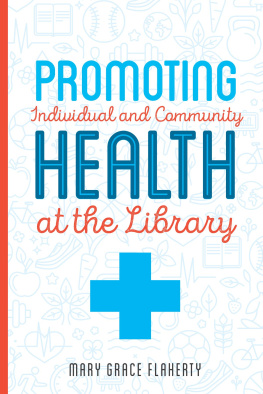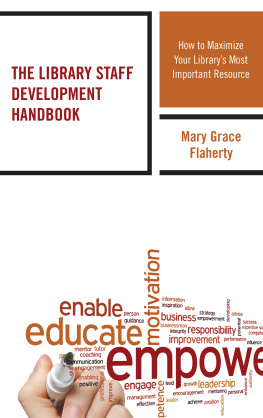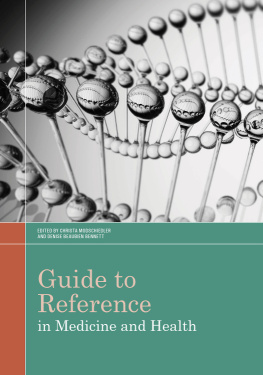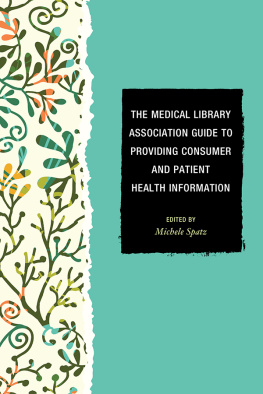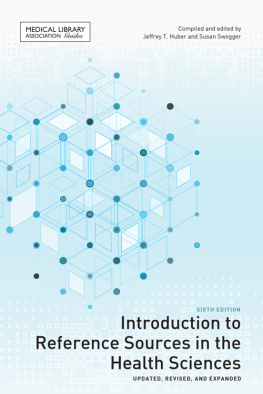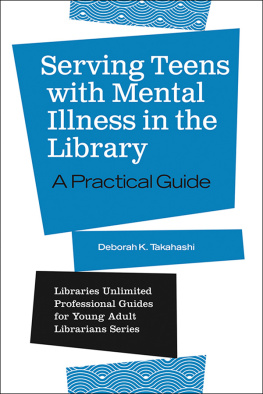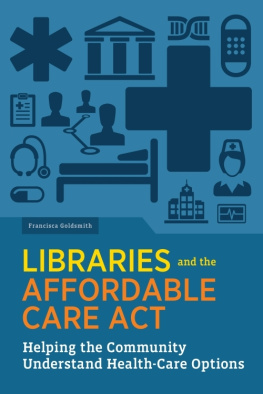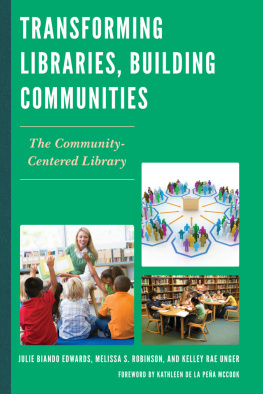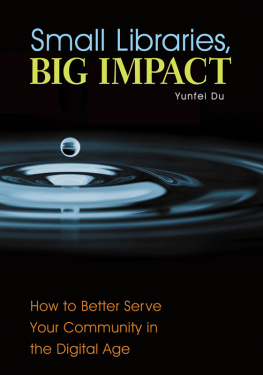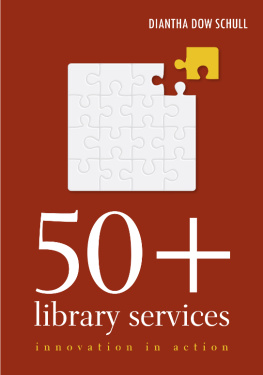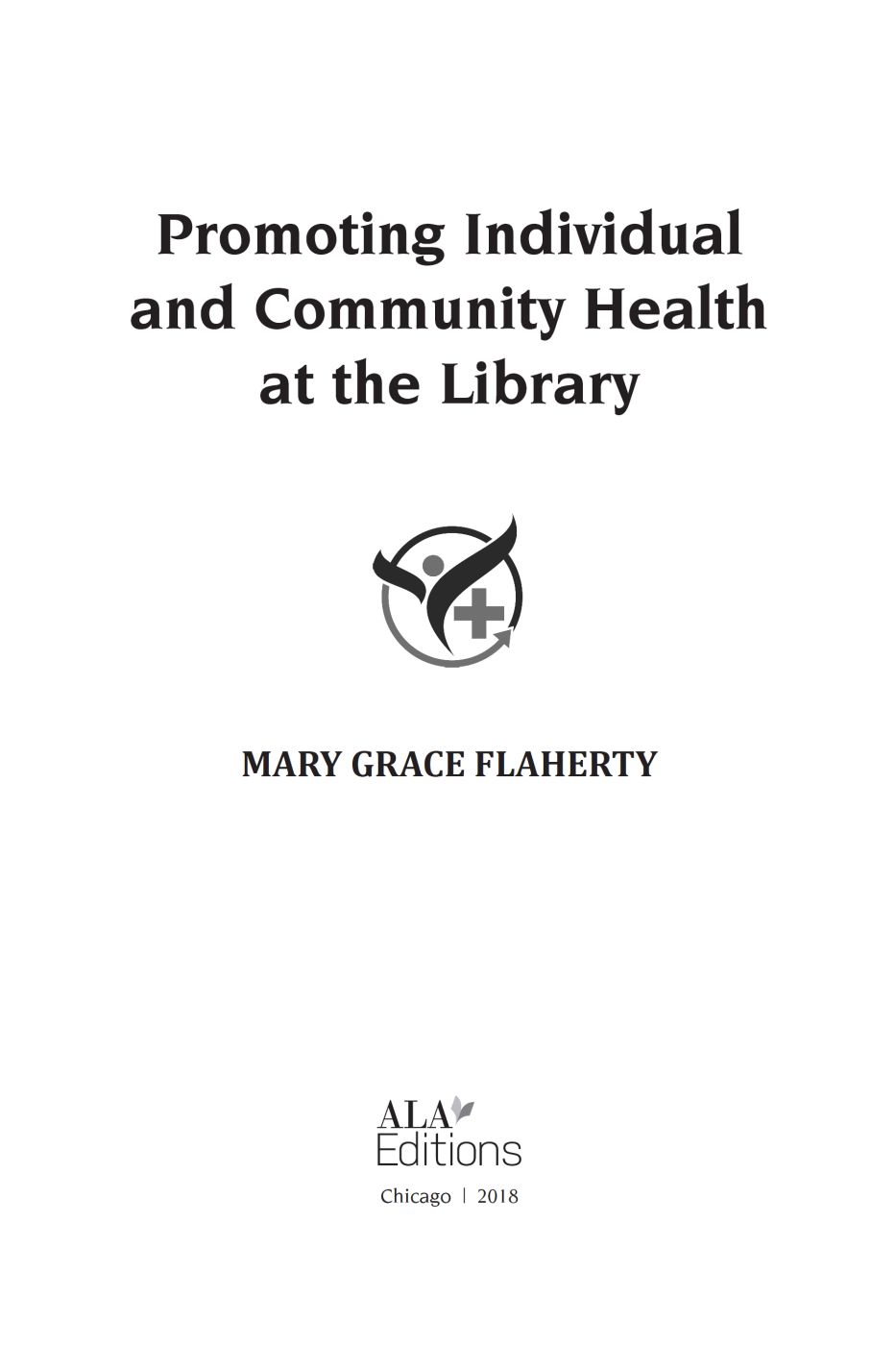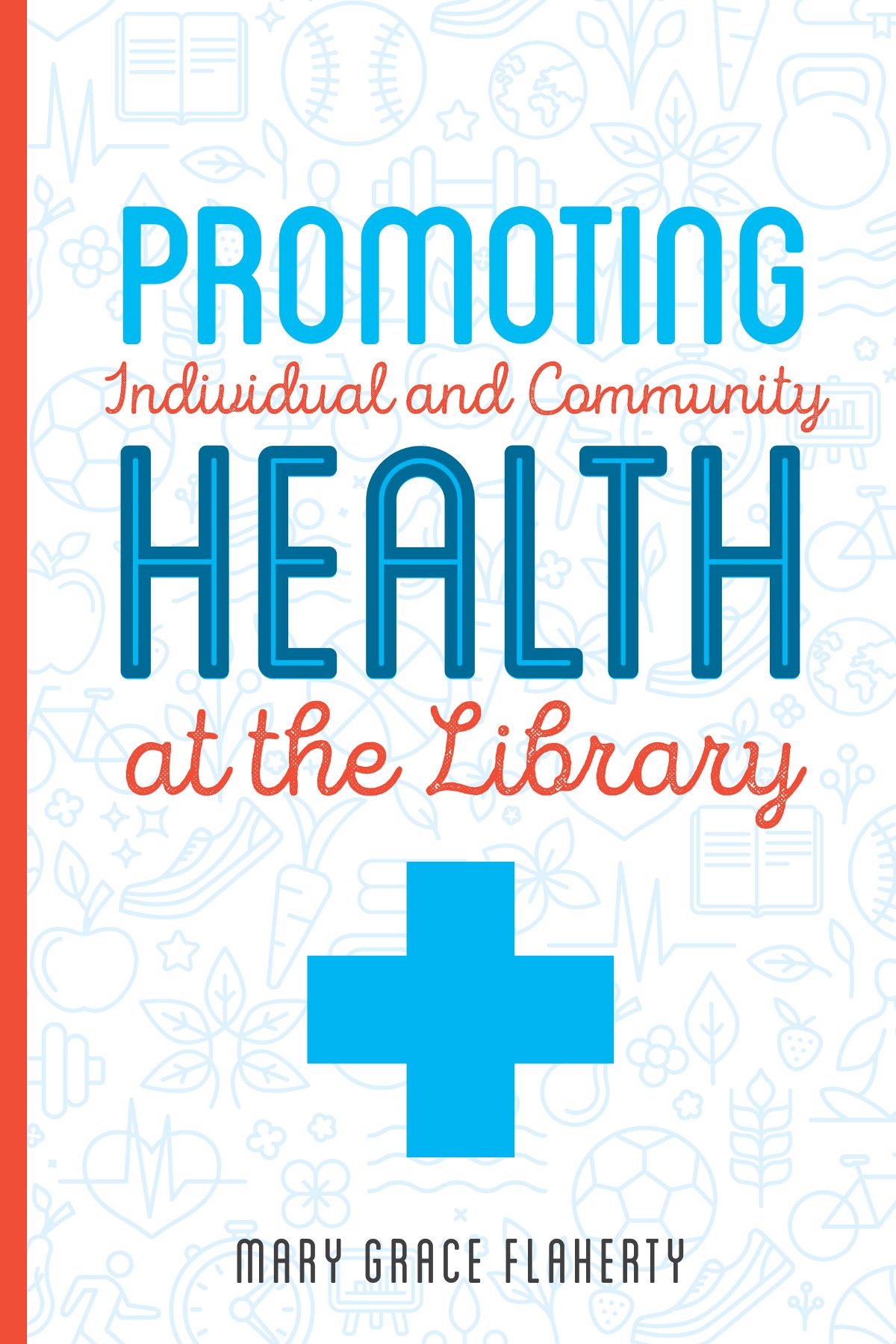
ALA Editions purchases fund advocacy, awareness, and accreditation programs for library professionals worldwide.
MARY GRACE FLAHERTY is currently an assistant professor at the School of Information & Library Science at the University of North Carolina at Chapel Hill where she teaches in the graduate library program. Her courses include Resource Selection and Evaluation; Management Issues for Small Libraries; Disaster Planning for Libraries; Health Sciences Information; Proposal Development; Seminar in Popular Materials; and Seminar in Public Libraries. Dr. Flaherty received her PhD in Information Science & Technology from Syracuse University where she was an IMLS Fellow. She has her MLS from the University of Maryland and MS in Behavioral Science from Johns Hopkins University. She has over 25 years experience working in a variety of library settings, including academic, medical research, special, and public.
2018 by the American Library Association
Extensive effort has gone into ensuring the reliability of the information in this book; however, the publisher makes no warranty, express or implied, with respect to the material contained herein.
ISBNs
978-0-8389-1627-8 (paper)
978-0-8389-1699-5 (PDF)
978-0-8389-1698-8 (ePub)
978-0-8389-1700-8 (Kindle)
Library of Congress Cataloging in Publication Control Number: 2017052429
Cover design by Krista Joy Johnson.
Contents
FIGURES
TABLES
I would like to express my sincere thanks to those who contributed to this volume: Suzanne Bloom, Erica Brody, Jessica Dixon, Sami Kaplan, David Miller, Tara Pressley, Les Roberts, and Mary White. I would also like to express my sincere gratitude to Jamie Santoro for her insight, encouragement, expertise, and enthusiasm along the way. As always, my endless thanks to my husband, who supports me through the headwinds and amplifies the tailwinds.
This volume is dedicated to Win Sewell and Edward S. Terry; though they have passed on to their next chapters, their influence on my path still resonates strongly.
Introduction
A library is a place that is a repository of information and gives every citizen equal access to it. That includes health information. And mental health information. Its a community space. Its a place of safety, a haven from the world.
Neil Gaiman
The information age has ushered in a level of expectation for volumes and quality of information unimaginable in any previous era. In spite of most Americans having smartphones and Internet access, recent decades have recorded increased usage of public libraries, with millions of people per year using their local libraries for health information. Many libraries have dramatically stepped up their provision of health information in order to meet these demands and patron expectations. This volume covers the strategies used by libraries to improve peoples access to and use of health information, whether to address an individuals acute information need, to improve the communitys ability to understand health information, or in some cases to lead programs and efforts to improve peoples health.
In communities throughout the world, public libraries offer all types of support beyond access to books and information. From citizenship classes to early literacy initiatives to maker spaces to wide arrays of program provision, libraries provide not only resources and space; they are full of opportunities that support individual fulfillment and community progress. As longtime literacy providers and advocates, public libraries are expanding services to incorporate all types of literacies, such as financial and digital literacy. Because they provide access to health information in a variety of ways, health literacy is yet another area where public libraries can offer support for individuals and communities.
Health Literacy
From their inception, public libraries have served as venues for all types of literacy activities and instruction. As educational organizations, they have a long history of supporting lifelong learning; libraries provide classes, tutoring, and individual training. Much of the programming in libraries is centered on literacy, such as storytime programs, book discussion groups, and summer reading programs. Many libraries also provide outreach to organizations such as Head Start and local day care centers, extending their influence and literacy training beyond the librarys walls and into the community.
Literacy is not only restricted to a persons ability to read; there are other types of literacies that contribute to an individuals capacity to function. These can include information, digital, computer, technology, media, cultural, multicultural, visual, and financial literacy. Another type of literacy has a significant impact on individuals well-beinghealth literacy. The unique aspects of health information contribute to the challenges related to health literacy, however. Medical science progresses rapidly, and health information can overwhelm even persons with advanced literacy skills. In addition, what has been learned often becomes outdated or forgotten, or is incomplete. Health information can be misrepresented or misunderstood, and is often provided in a stressful or unfamiliar situation, and so is difficult to retain.
Health Literacy Defined
Ratzan and Parker (2004) developed the definition of health literacy adopted for use by the U.S. Department of Health and Human Services for Healthy People 2010: The degree to which individuals have the capacity to obtain, process, and understand basic health information and services to make appropriate health decisions (Institute of Medicine, 2004, 4). This and other early definitions of health literacy set the stage for studying the concept, but they have been characterized as somewhat limited in that they were focused on individual skills (Six-Means, 2017). Over time, the definition of health literacy has been extended to include health care personnel and expanded to include abilities, such as to communicate and use information (Centre for Literacy); in addition, shared responsibility for health literacy has been ascribed to clinicians, institutions, and health care systems (Koh and Rudd, 2015).
In 2012, a systematic review of the health literacy field was conducted in which researchers identified 17 definitions of health literacy and 12 conceptual frameworks (Sorensen et al., 2012). These were integrated to provide the following definition which points to the centrality of health information: Health literacy is linked to literacy and entails peoples knowledge, motivation and competences to access, understand, appraise, and apply health information in order to make judgments and take decisions in everyday life concerning healthcare, disease prevention and health promotion to maintain or improve quality of life during the life course (Sorensen et al., 2012). The U.S. Department of Health and Human Services (2017) now states: The primary responsibility for improving health literacy lies with public health professionals and the healthcare and public health systems. We must work together to ensure that health information and services can be understood and used by all Americans. We must engage in skill building with healthcare consumers and health professionals. Adult educators can be productive partners in reaching adults with limited literacy skills. This description of health literacy points to a responsibility for those who work in the information field, namely librarians, to embrace their role in health literacy promotion, not only in health care systems, but in the community as well (Six-Means, 2017).
Next page
